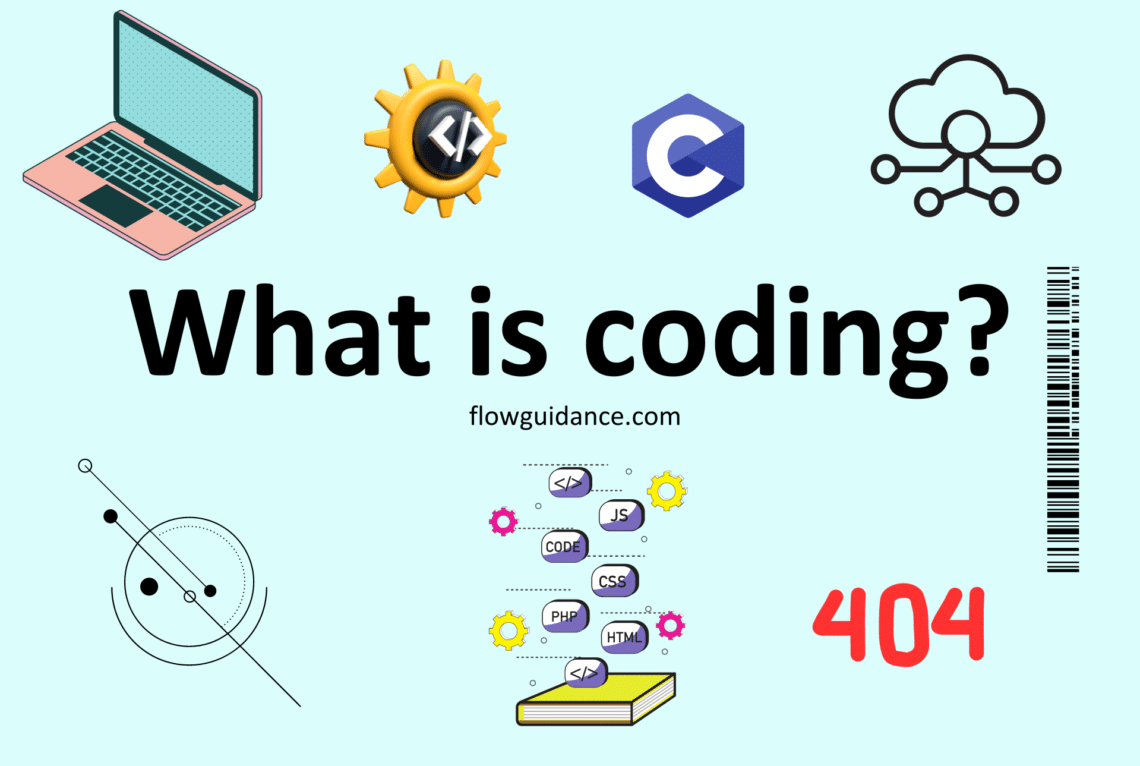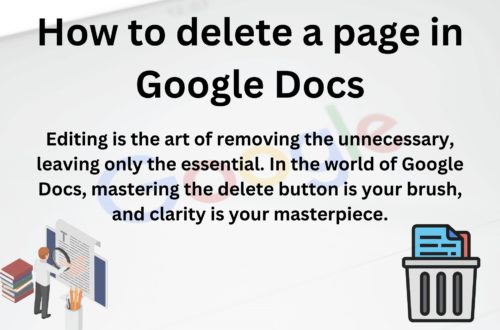What is coding introduction:
In today’s digital world, the term “coding” is thrown around a lot, but what exactly does it mean? Simply put, coding is the process of creating instructions for computers to follow. It’s like giving commands to a machine, telling it what to do, how to do it, and when to do it. In this beginner’s guide, we’ll explore the fundamentals of coding in simple terms, breaking down the concept so that anyone can understand.
What is Coding?
At its core, coding involves writing sets of instructions, called code, that computers can understand and execute. Think of it as giving step-by-step directions to a robot. These instructions are written in programming languages, such as Python, Java, or C++, which act as the intermediary between humans and computers.
Why is Coding Important?
Coding is the backbone of technology. It powers everything from websites and mobile apps to software and games. Understanding how to code opens up a world of opportunities in various fields, including computer science, engineering, and data analysis. In today’s digital age, coding skills are highly sought after by employers and can lead to lucrative career paths.
How Does Coding Work?
Coding involves breaking down tasks into smaller, manageable steps and translating them into a language that computers can understand. These instructions are then compiled or interpreted by special software called compilers or interpreters, which convert the human-readable code into machine-readable language, known as binary code (0s and 1s).
Types of Coding:
There are different types of coding, each serving its purpose:
- Web Development: Creating websites and web applications using languages like HTML, CSS, and JavaScript.
- Software Development: Building desktop or mobile applications using languages like Python, Java, or Swift.
- Game Development: Designing and programming video games using game development frameworks like Unity or Unreal Engine.
- Data Science: Analyzing and interpreting large datasets using programming languages like R or Python.
Learning to Code:
Anyone can learn to code! There are plenty of resources available online, including tutorials, courses, and coding bootcamps. Start by choosing a programming language that aligns with your interests and goals. Practice regularly, experiment with different projects, and don’t be afraid to make mistakes – that’s how you learn and grow as a coder.
Learning to Code for Free:
Fortunately, there are numerous platforms available where you can learn coding for free. Here are some popular ones:
Codecademy: Codecademy offers interactive coding tutorials in various programming languages, including Python, JavaScript, HTML/CSS, and more. Their hands-on approach allows beginners to learn by doing, with step-by-step guidance.
Khan Academy: Khan Academy provides free courses on computer programming, focusing on concepts like algorithms, animations, and game development. Their user-friendly interface makes it easy for beginners to grasp coding fundamentals.
freeCodeCamp: freeCodeCamp offers a vast curriculum covering web development, including HTML, CSS, JavaScript, and backend development. They also provide coding challenges and projects to help learners build practical skills.
Coursera: Coursera partners with universities and organizations to offer free online courses in various programming topics. You can find courses on programming languages, data science, machine learning, and more, taught by experts in the field.
edX: Similar to Coursera, edX offers free online courses from universities and institutions worldwide. You can explore coding courses in subjects like computer science, software development, and cybersecurity.
MIT OpenCourseWare: MIT OpenCourseWare provides free access to course materials from MIT’s computer science and programming courses. You can find lecture notes, assignments, and video lectures covering a wide range of topics.
YouTube: YouTube is a treasure trove of coding tutorials and resources. Many educators and programmers share their knowledge through video tutorials on coding languages, algorithms, and software development practices.
GitHub: GitHub hosts a plethora of open-source projects and coding resources. You can explore repositories, contribute to projects, and learn from other developers’ code.
SoloLearn: SoloLearn offers bite-sized coding lessons and quizzes for beginners. Their mobile app makes it convenient to learn coding on the go, covering languages like Python, Java, and C++.
W3Schools: W3Schools is a popular resource for learning web development technologies like HTML, CSS, JavaScript, and more. They offer free tutorials, references, and code examples for beginners and experienced developers alike.
These platforms provide a wealth of resources for beginners to start their coding journey, regardless of their background or experience level. Whether you prefer interactive tutorials, video lectures, or written documentation, there’s something for everyone to learn coding for free. So, explore these platforms, find the one that suits your learning style, and embark on your coding adventure today!
Conclusion:
In conclusion, coding is the process of creating instructions for computers to follow, using programming languages. It’s an essential skill in today’s technology-driven world, opening up countless opportunities for those who master it. Whether you’re interested in building websites, developing software, or analyzing data, learning to code can empower you to turn your ideas into reality. So, roll up your sleeves, dive in, and start coding!
Frequently Asked Questions (FAQs):
I have no prior experience in coding. Can I still learn?
Absolutely! Many beginners start with no coding experience at all. With dedication and practice, anyone can learn to code regardless of their background.
Which programming language should I learn first?
The best programming language to start with depends on your interests and goals. For web development, HTML, CSS, and JavaScript are good choices. Python is also beginner-friendly and versatile, suitable for various applications.
How can I practice coding skills?
Practice is essential for mastering coding skills. You can practice by solving coding challenges, working on projects, participating in coding competitions, and collaborating with other programmers on open-source projects.
What career opportunities are available for coders?
Learning to code opens up a wide range of career opportunities in fields such as software development, web development, data science, cybersecurity, and artificial intelligence. Coders are in high demand across various industries, making it a lucrative skill to possess.
How can I stay motivated while learning to code?
Setting small, achievable goals, celebrating your progress, and staying curious about new concepts can help you stay motivated while learning to code. Joining coding communities, attending hackathons, and working on real-world projects can also keep you engaged and inspired.
For further exploration and insights, feel free to visit flow guidance.





